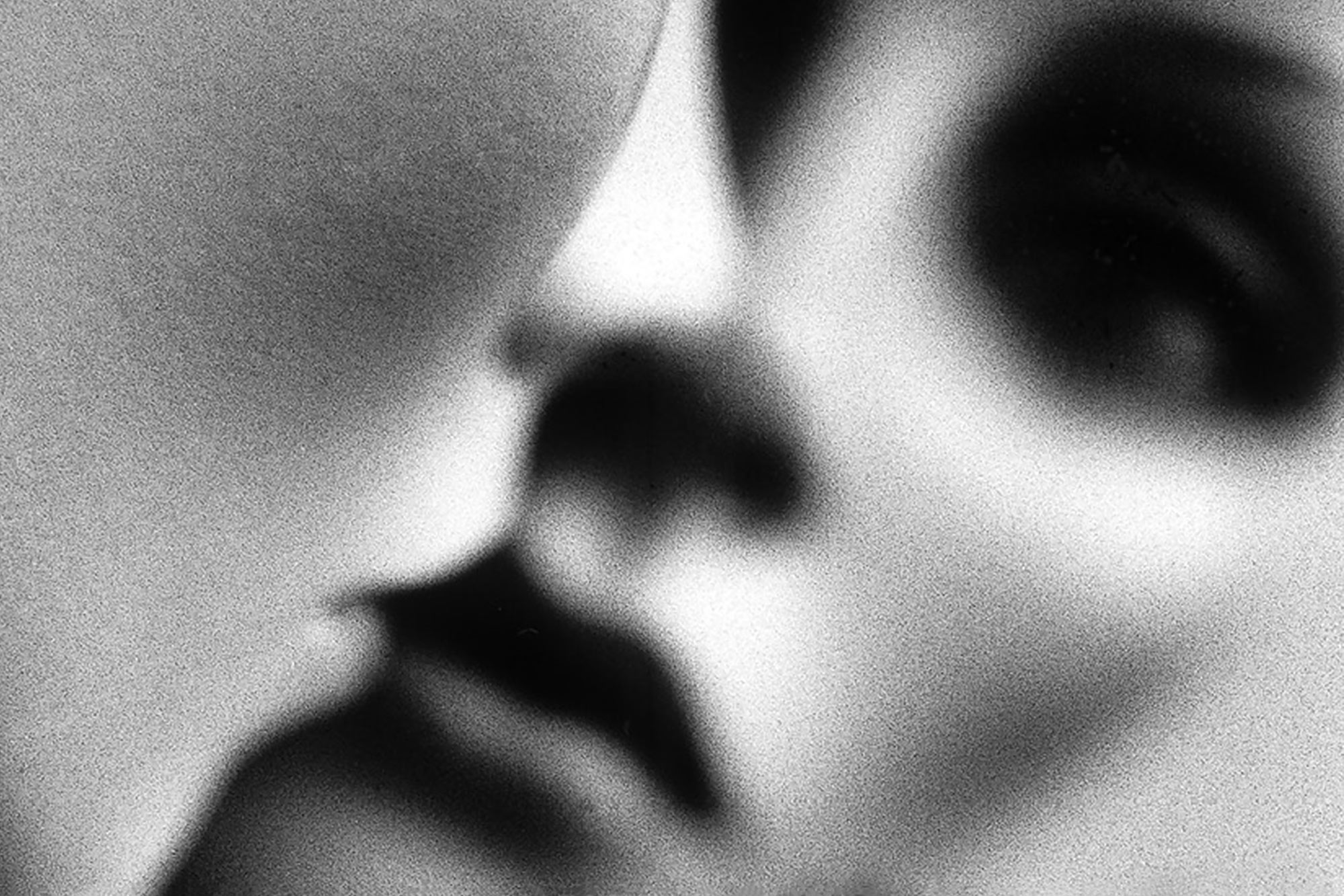The spring issue of The Hedgehog Review, an interdisciplinary journal published by the University of Virginia’s Institute for Advanced Studies in Culture, explores the puzzle of “the post-modern self.”
Editor Jay Tolson writes, “To capture some sense of the self at this post-modern moment, we have asked our contributors to identify and explain key features of a deeper cultural code beneath the shifting, fluid field of our anti-culture.”
“We are increasingly conducting our lives in a social and informational togetherness,” observes University of Washington professor and essayist David Bosworth, “while still evaluating them according to a traditional American ethos based on the value of living ‘by ourselves.’”

In “Knowing Together: The Emergence of the Hive Mind,” Bosworth wonders what will come to replace our old idea of the autonomous self – or even if a coherent replacement can be devised. “Will our communal wisdom ever catch up with our accelerating cleverness?”
To capture some sense of the self at this post-modern moment, Bosworth and other contributors take on various cultural perplexities bound up with some of our widely shared attitudes, preoccupations and often unrecognized norms.
Journalist Elizabeth Stoker Bruenig and historian Wilfred M. McClay separately examine how the post-modern self grapples with moral responsibility and guilt.
Many young people today are burdened not only by guilt, but also by what philosopher Mary Townsend calls “a crisis of being.” In “The Walking Wounded,” she talks about her experience teaching undergraduates during a rash of student suicides. Lamenting the “existential black hole” that many contemporary universities have become, she explains why the work of the late novelist Walker Percy seems to resonate with many of her students.
“Twice as a teacher,” Townsend notes, “I have lost my patience with the business of our carefully orchestrated mutual silence, and assigned the chapter ‘The Depressed Self’ from Walker Percy’s ‘Lost in the Cosmos.’ Although Percy-mania is not yet at hand, no other reading I have ever assigned has had students’ roommates asking for a copy.”
And in “The New Old Ways of Self-Help,” historian Elisabeth Lasch-Quinn takes a hard look at certain trends in contemporary self-help literature to identify a crucially missing ingredient: “a sense of human limits, and the humility it can inspire.”
Beyond the thematic focus of the issue, in his essay, “Whatever Happened to General Education?” Chad Wellmon, a UVA professor of German studies and a fellow at the Institute for Advanced Studies in Culture, navigates contemporary debates over university curricula with an astute discussion of the history and future of general education.
The Hedgehog Review is published three times a year by the Institute for Advanced Studies in Culture. The summer issue, coming out July 1, will look at the importance of the cultural dimension to urban success or failure.
To subscribe, visit our order page at www.hedgehogreview.com.
Media Contact
Article Information
March 29, 2017
/content/spring-hedgehog-review-examines-post-modern-self

